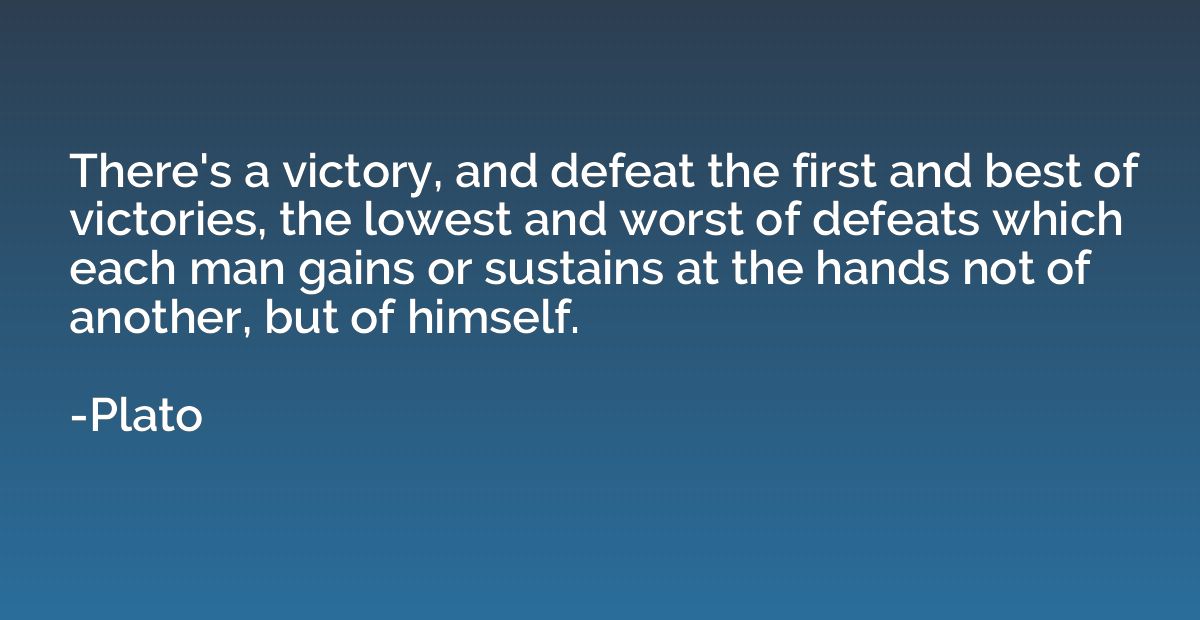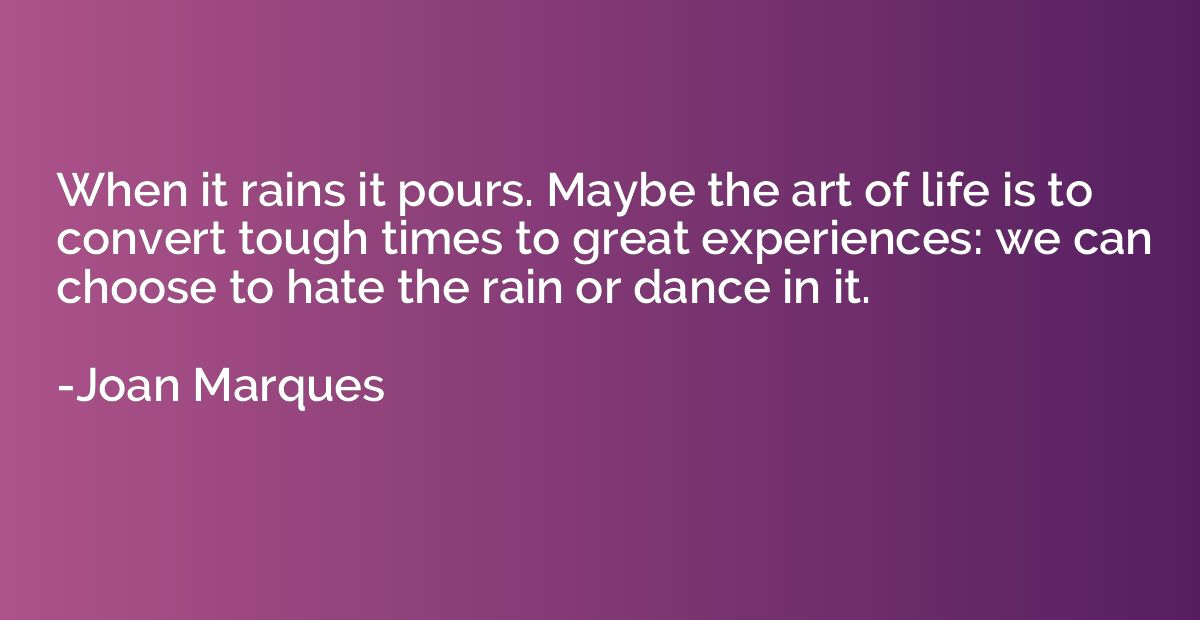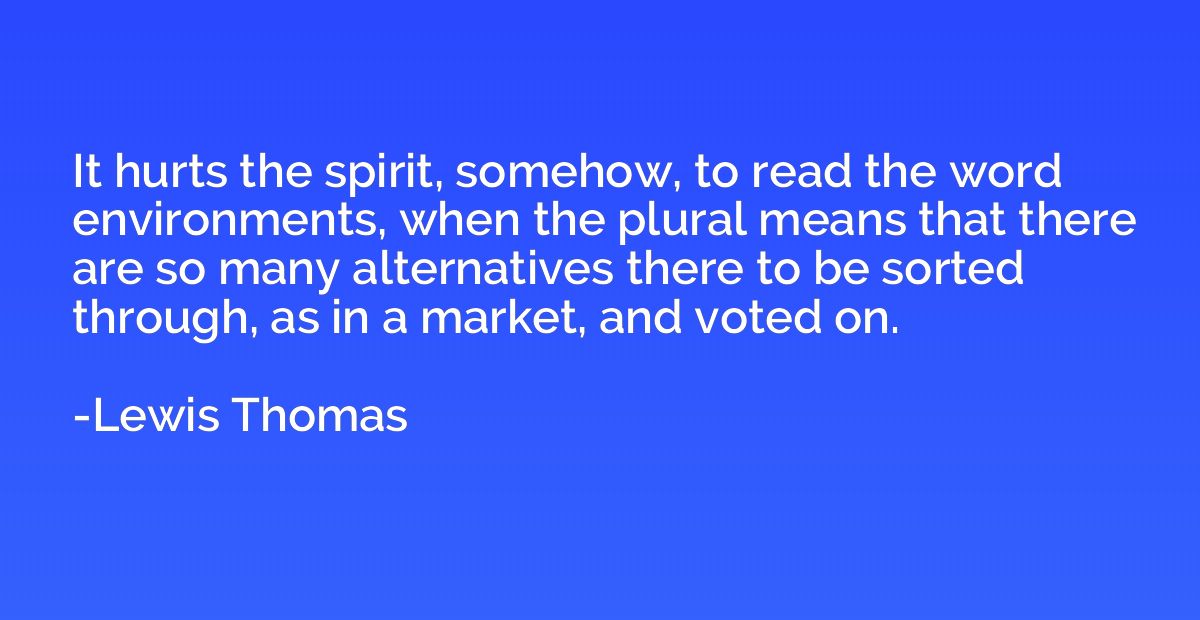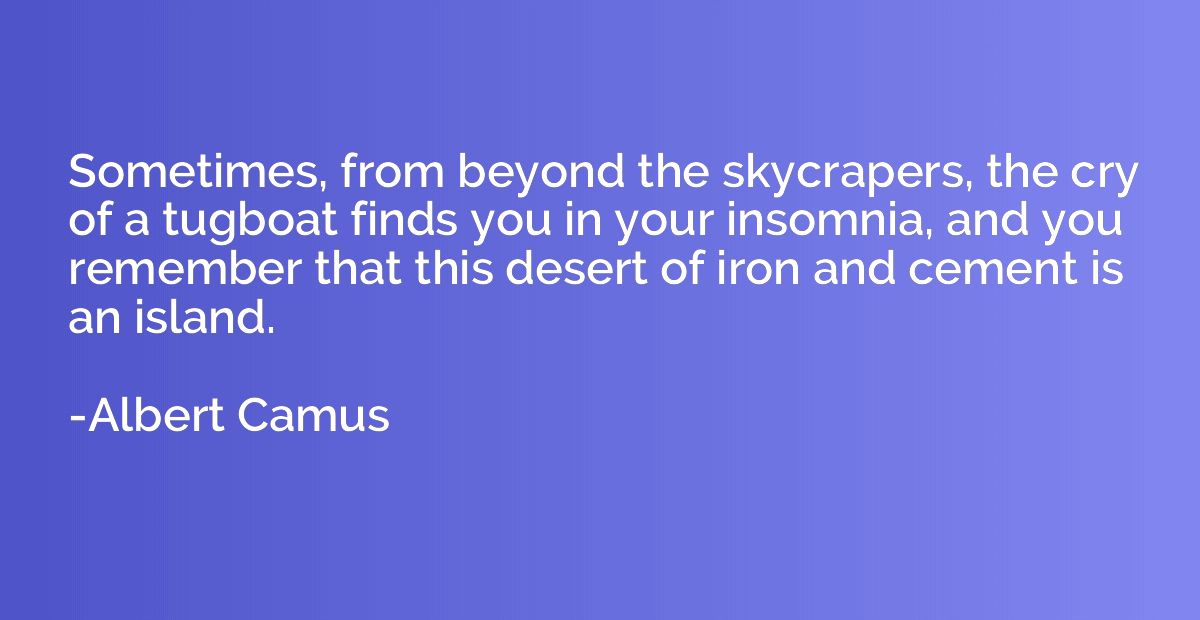Quote by Plato
There's a victory, and defeat the first and best of victories, the lowest and worst of defeats which each man gains or sustains at the hands not of another, but of himself.

Summary
This quote suggests that the greatest victory one can achieve is when they triumph over their own limitations or shortcomings. It implies that our biggest battles are not necessarily fought against others, but rather within ourselves. The quote also implies that the most significant defeats are not inflicted by external forces, but rather by our own actions or failures. Ultimately, it emphasizes the importance of self-awareness, self-improvement, and personal responsibility in determining our own success or failure.
Topics
Best
By Plato














